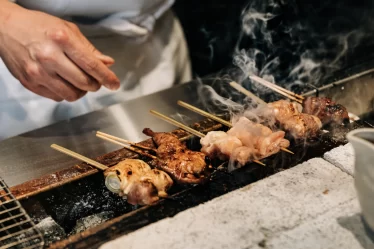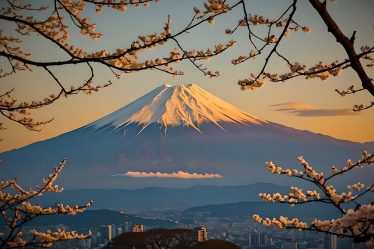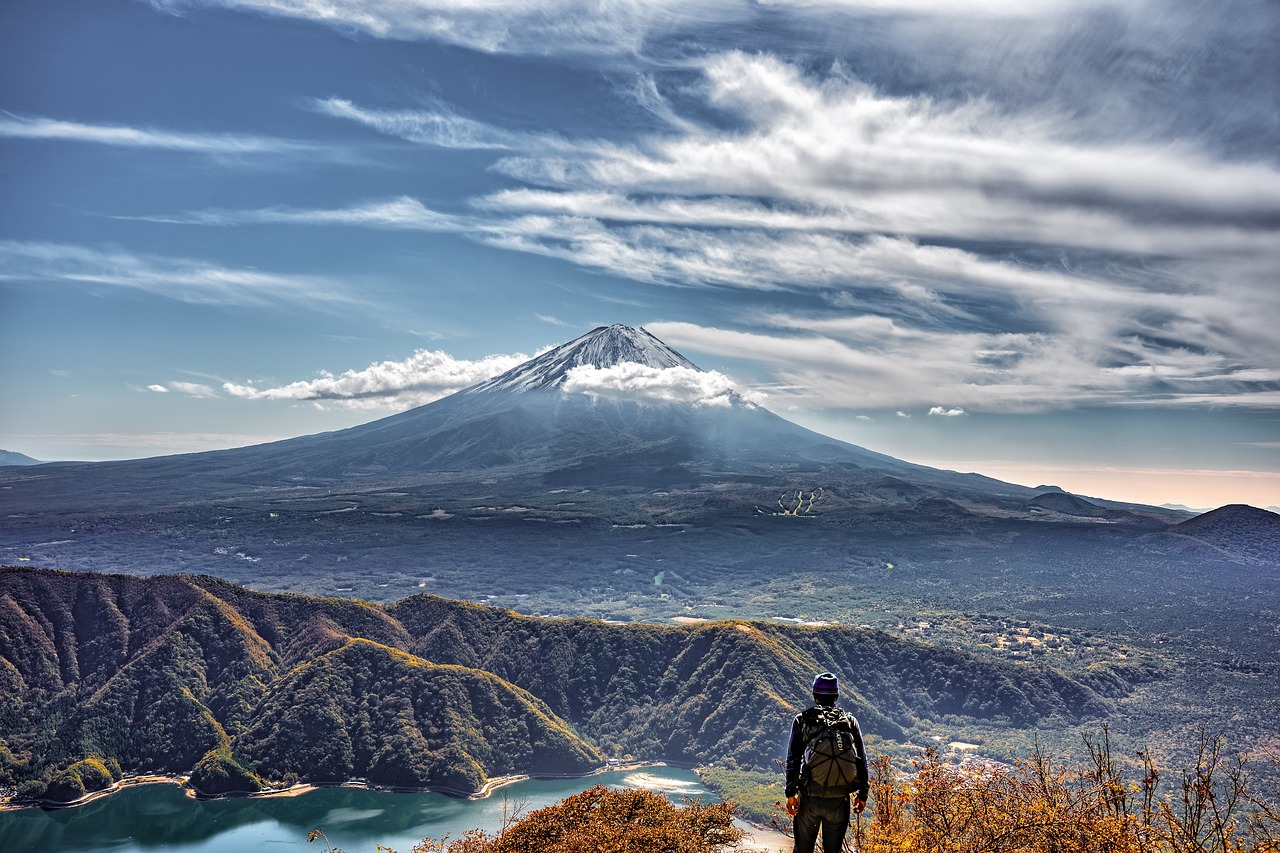
By far, the number one question we get when asked about travelling in Japan is about the language. Many people are anxious about travelling to a place that uses a primary language other than English. This can be especially challenging when you are travelling with your little ones. Trust us when we say from experience: it helps to learn some Japanese phrases for tourists before you go.
The truth is, that it can be difficult to find help from an English speaker in Japan. Aside from major tourist attractions like theme parks or a Pokemon Cafe, most Japanese staff will only speak Japanese. We’re not saying you need to be fluent, but knowing a couple of common phrases can go a long way in getting assistance when travelling in Japan.
So before you get on your airplane and touch down in Tokyo, it’s time to do some homework. When we travel to Japan with our kids, we use these phrases daily! Don’t ever feel embarrassed about your pronunciation! The locals will appreciate your effort. Trust us, these five Japanese phrases for tourists will come in handy during your travels!
Is Japan English Friendly?
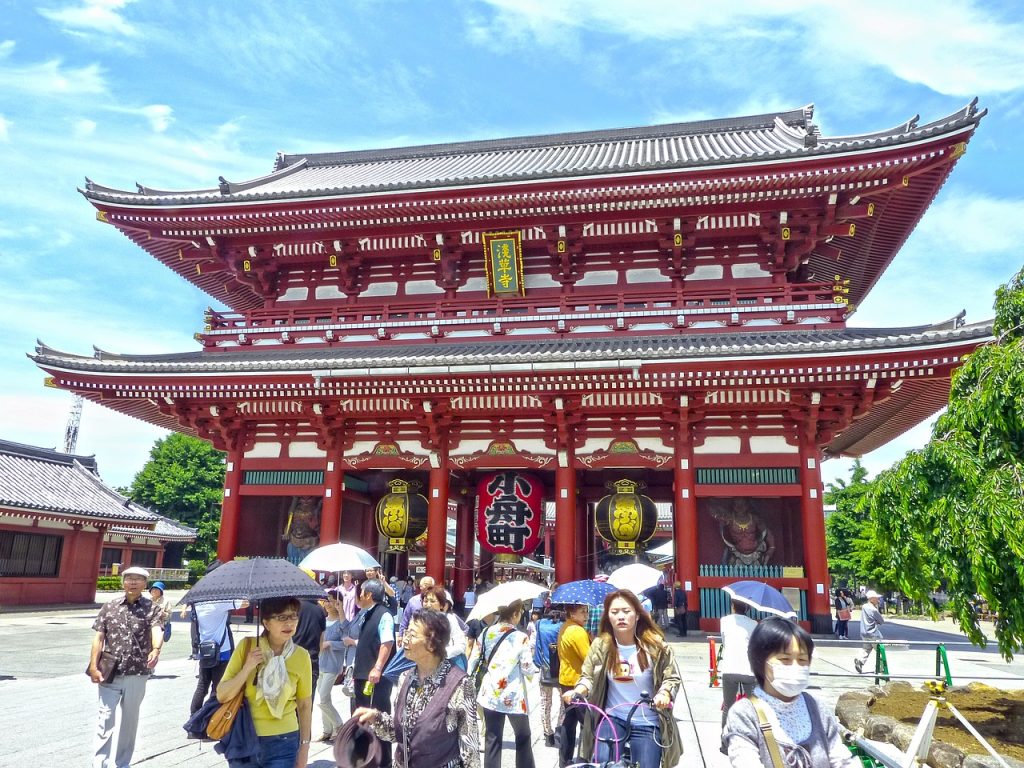
There are two ways to consider this question. The first is that yes, Japan can be English-friendly for tourists. Japan has improved with visible and audible translations of Japanese signs and instructions in recent years. At most major stations and tourist centers, it is easy to find signs in English, Mandarin, and Korean. Many major train lines will also announce important upcoming stops in multiple languages.
But the other side of that coin is that a vast majority of Japanese citizens do not speak English at all. While most hotel and tourist industry workers will have a basic level of English, don’t be surprised if your question is met with a blank stare or apologetic bow. For example, the level of English for staff at a Pokemon Cafe will generally be better than at a local shop or restaurant.
Don’t be insulted or get frustrated! Although cities like Tokyo and Osaka are global metropolitans, English and other languages aren’t required. Japan is truly a country where knowing even just a few phrases can go a long way in improving your travel experience!
So is Japan English-friendly? It can be, but in most situations, you should assume that English won’t be of much assistance. With the recent boom in tourism in Japan, many restaurants have been providing English menus for guests. Some are even providing iPads that can show the menus in a variety of different languages.
At the same time, some restaurants are refusing service to guests who do not speak Japanese. It’s a controversial topic right now in Japan and our advice is to just avoid establishments that have any sort of discriminatory signs posted.
Japanese Phrases for Tourists: 5 Phrases for Travelling in Japan
So you’ve booked your trip and are eagerly researching everything to do while travelling in Japan. Trust us, there’s an endless amount of things to see, eat, and experience.
There are going to be some stressful times on your trip that are unavoidable. This is especially true when you are travelling with your little ones. Before you go, you should try to learn a few phrases that can make things a little less stressful while you are there.
We could have probably made this list 25 or even 50 phrases that will come in handy while you are in Japan. For now, we’ll start with five and add some follow-up articles in the future!
1. How Do You Say Excuse Me in Japanese: Sumimasen
We’ll start simple. If you have been to Japan before you will already know that the culture there is built on respect and politeness. Before a stranger begins talking to another person, they will usually begin by saying Sumimasen.
If you spend enough time in Japan, you will begin to realize how often you say and hear Sumimasen being said. It can be used to get someone’s attention, to start a conversation, or even to physically pass by someone without entering their personal space.
Sumimasen is often accompanied by a slight bow of the head as a respectful way of addressing that you might be inconveniencing the other person. An alternative to Sumimasen that can be used is Gomennasai (Go-Men-Na-Sai). This means I’m Sorry, and is also an acknowledgment of inconveniencing someone.
Pronunciation: Soo-Me-Ma-Sen
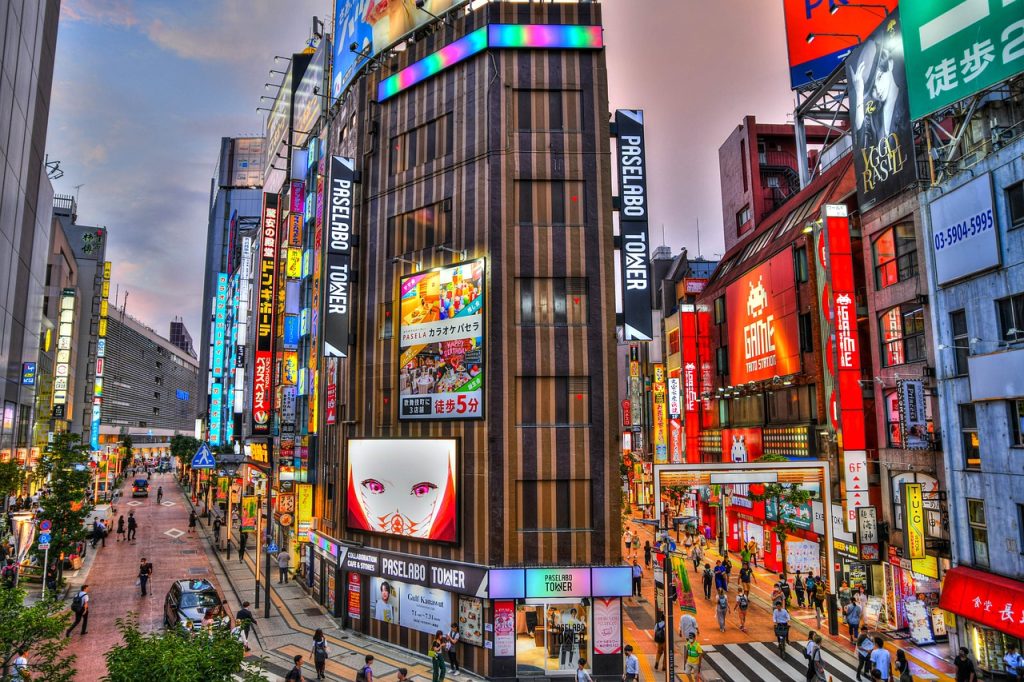
2. How Do You Say Where is the Bathroom in Japanese: Otearai Wa Doko Desu Ka?
There is definitely more than one way to say this one. As parents, this is the first thing we learn to say wherever we go travelling. With kids, you just never know when you’ll need to find a bathroom and urgently as well. Luckily, there is no shortage of bathrooms in Japan. Here are some handy places to head to if you or your little one ever need to suddenly use the restroom.
- Most train stations
- Department stores
- Major chain stores like Loft or Hands
- Some convenience stores like Family Mart
There are others, but if you are in one of the major cities in Japan, chances are you will always be within walking distance of one of those places.
So how do you ask where the washroom is? The polite way of saying bathroom is Ote-arai which means “place to wash your hands”. Doko Desu Ka means “Where is it?”.
You can also say Toire which is the Japanese pronunciation of the English word Toilet. It is better to say Ote-Arai though as Toire is more of a slang that locals use.
In some places, you will even find a bathroom sign with WC on it. This isn’t common in North America but WC stands for Water Closet and is frequently used in Europe.
One last thing: there are still some older-style bathrooms in Japan that will use the old Washiki-style toilet. This can come as a shock to North Americans as it is a horizontal urinal built into the ground. If you feel uncomfortable using this, you will have to wait for the traditional seated toilet stall to become available. Generally, the stall door will have an image of what type of toilet is inside the stall if that bathroom still uses Washiki-style toilets.
Pronunciation: O-Te-A-Rai Wa Doe-Ko-De-Soo-Ka
3. How Do You Say English Menu in Japanese: Eigo no Menyu
We could write an entire series of articles about dining in Japan. The most important thing for English speakers is asking for an English language menu.
Be warned that a lot of restaurants simply do not offer English-language menus. If you are at a chain or in a tourist area, then chances are they will have them available.
If you need one, all you need to ask for is Eigo no Menyu. Eigo is the Japanese word for English and Menyu is the Japanese pronunciation of the word Menu.
Alternatively, you can be savvy and use the Google Translate App on your phone. How do you use Google Translate to scan words with your camera? Here are the steps:
- Open up your Google Translate app on your mobile phone
- Select the Camera function (you will need to have your settings to allow Google Translate to access your camera)
- Select the languages: Japanese to Your Native Language
- Scan the words to get a general idea of what the translation is
Note that Google Translate is great but the translations can be off sometimes. This is especially true when you are scanning complicated kanji characters.
Pronunciation: Eh-Go No Men-Yoo (Menu)
4. How Do You Say How Much Does This Cost in Japanese: Ikura Desu Ka?
Shopping is no joke in Japan. Whether it is high-end luxury goods, gashapon toys, or fun-flavoured candy, you can expect to be making a lot of transactions when travelling in Japan.
So what is the most important thing to know? The price, of course! If something in Japan does not have a price tag, then the easiest way to find out the price is to ask a sales associate.
Let’s practice your phrases now. Walk up to the sales associate and say Sumimasen! And then you can ask, Ikura Desu Ka? Not to be confused with the delicious salmon roe, Ikura means “What is the Price?”. Desu Ka is the polite way of asking a question in Japanese.
Pronunciation: Ee-Koo-Ra De-Soo Ka?
5. How Do You Say Where Is This in Japanese: ________ Wa Doko Desu Ka?
Here is an important one to know. We have been to Japan dozens of times and we still get lost in areas we are familiar with. No problem! The easiest way out of this situation is to ask how to get back to a famous landmark.
How do you ask that in Japanese? Let’s say you want to get back to Shinjuku station as it is an easy landmark in Tokyo. You would need to ask someone: Shinjuku Eki Wa Doko Desu Ka? Eki means train station and Doko Desu Ka means “Where is it?”. You should remember that from number two on this list: Otearai Wa Doko Desu Ka?
You can use this for any major landmark or any store or station that locals will know. This also comes in handy at train stations when you want to ask an attendant how to get to a specific station.
Pronunciation: _______ Wa Doe-Ko De-Sue-Ka?
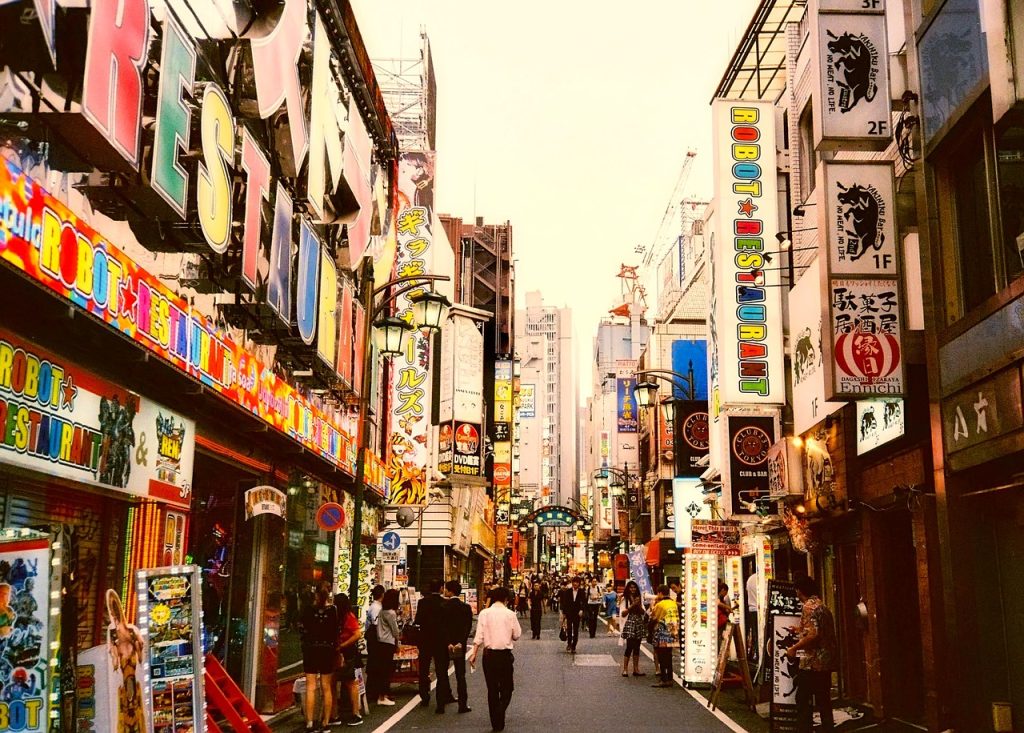
Are the People in Japan Friendly?
Yes! Especially if you make an effort to try and ask them a question in Japanese. They are friendly regardless but many will be intimidated if you try to ask them something in English.
In the major cities and tourist areas, most Japanese locals will be friendly. If they aren’t friendly, they are at least respectful and will mind their own business. Remember, the Japanese culture is built on respect. Not only does this mean that Japanese people will try to help you if they can, but it means you should be respectful of Japanese culture when travelling in Japan.
We should address some of the reports of hostile locals and businesses refusing tourists in recent months. Given the recent weakness in the Japanese Yen, Japan has become a popular travel destination for tourists.
The truth is, that space is at a premium in Japan. Overcrowding on trains, subways, and even in public areas can be frustrating for locals. On one hand, tourism fuels the Japanese economy but on the other hand, locals can be overwhelmed by the volume of tourists.
Local businesses have the right to refuse any customer but if it is simply for being a tourist, then that is discrimination. Tourists also need to respect the society of Japan. Not everything needs to be live-streamed and Japan is certainly not the place to carry out obnoxious behaviour for likes and views.
Conclusion: Japanese Phrases for Tourists 2025
Taking your dream trip to Japan is an exciting milestone in life. Whether it is a bucket list trip or an annual family vacation, the memories made in Japan will last a lifetime.
But before you go, there are some things you should know! The first is to always be respectful of the Japanese culture and society. How can you do this? Be aware of those around you and the space you are in.
Another way to be respectful is to try and learn what you can of the Japanese language. There isn’t much spoken English in Japan so knowing the Japanese phrases for tourists from our list above will be of great assistance, especially when travelling with kids.
We hope this article helped, or at the very least, you found it interesting. Safe travels to you and your loved ones and thanks for coming by our humble little site today!
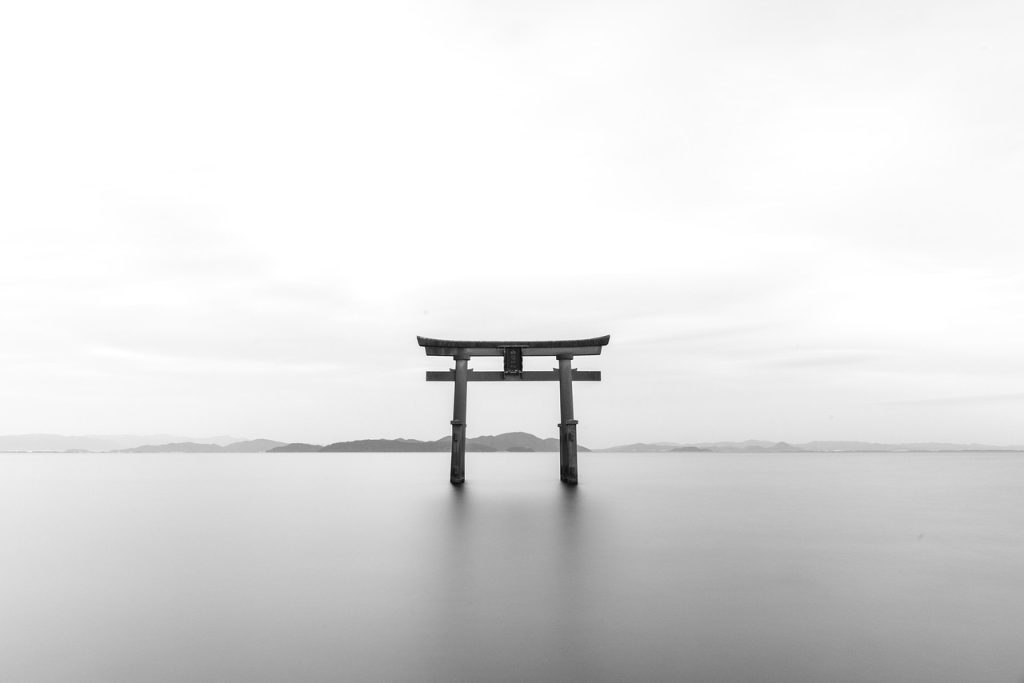
FAQs
What Are Some Helpful Tourist Phrases in Japan?
It always helps to know how to ask about the restrooms in any country you are in. Also, anything to do with transactions like ordering food or asking the price of something is important. Finally, knowing how to get somewhere or where something is will be key, especially in Tokyo or Osaka. Japan can be hard to navigate so knowing how to ask directions will be crucial to making the most of your time there.
Can I Go To Japan Without Speaking Japanese?
Of course! It’s not expected that every tourist who visits Japan is fluent in Japanese. Before you go, you should know that spoken English is not very common in Japan and neither are most other languages. That’s why it is important to know some Japanese phrases for tourists before you head there on your trip.
Can You Get Around Tokyo With English?
You sure can! Tokyo probably has the most English of any city in Japan. With that being said, most of the English is written or on signs. Don’t be surprised if people in Tokyo don’t speak any English at all even in the tourist areas. That’s okay! Use our handy Japanese phrases for tourists and you will have an easier time navigating Tokyo.
Can You Just Say Arigato?
Yes, Japanese people will be happy if you say thank you in Japanese. Arigato is the short form of Arigatou Gozaimasu which means thank you very much. You don’t always need to say the Gozaimasu but it does make it a bit more formal and polite.
Is Japan Friendly to English Speakers?
For the most part yes, Japan is very friendly to English speakers. The caveat is as long as you behave yourself and respect the Japanese culture while you are there. Japanese people are very polite and respectful and will try their best to help you even if you don’t know Japanese. It does help to know some Japanese phrases for tourists though as most Japanese do not speak a word of English!
